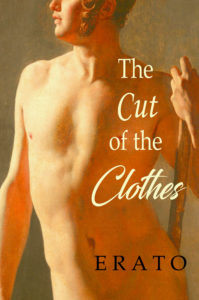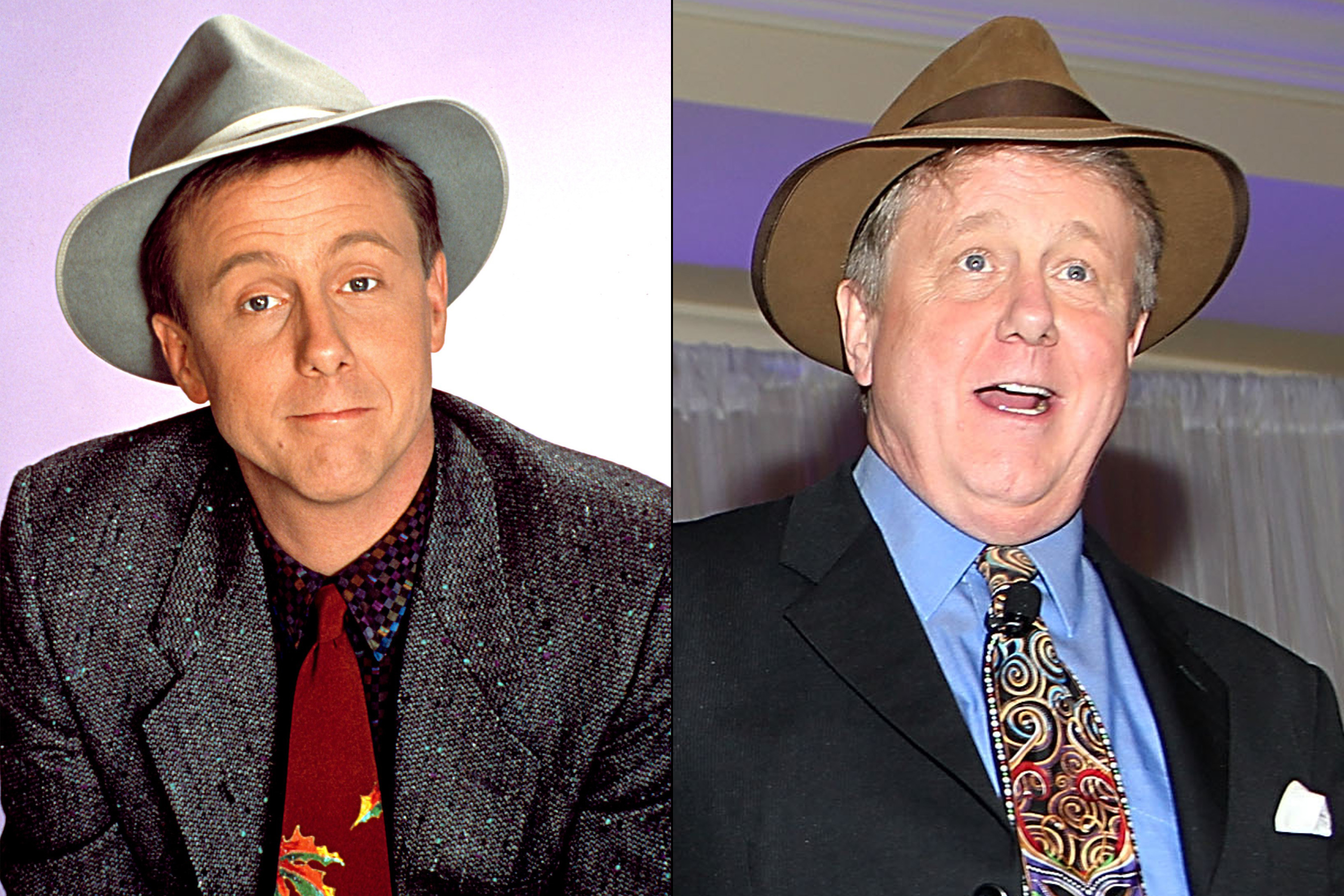I know nothing about fashion, but both my wife and my mother ( and there’s nothing creepier than when they both say the same thing to you) referred to my attempts at dressing up as “very Beau Brummell.” I had no idea who that was, but now I’m smarter because of this week’s interview.
Erato, (yes it’s a pen name) has written about the ultimate 18th-century fashion plate in her new novel, The Cut of the Clothes.
What’s your story, Erato?

So, Erato is my pen name — and no, it doesn’t mean I write erotica (what the hell, people? It’s not even the same key vowels, but people mistake it all the time for “Erotia” or something.) Editor’s Note: an overwhelming majority of people are idiots. Don’t let it get to you. In any case, I write historical fiction. So far all of my books are set in the Georgian/Regency era, which I am finding is a bit of a misfortune, as “Regency” has become a modern genre of its own that I don’t actually write; consequently people who like “Regency” stories don’t usually seem to like my work and other people who might actually like them don’t want to read them because they think they don’t like “Regency” stories. It just means they’re set in the late-18th/early-19th century in Great Britain, it doesn’t mean they’re about rakish noblemen having dubiously consensual sex with reluctant heroines, or that they’re Christian propaganda for clean living, or that they’re Jane Austen fanfiction where Darcy and Elizabeth have a secret baby the entire time of Pride and Prejudice.
Duly noted. It’s rough when genres constrict your subject matter. What’s the book about?
It tells the true story of Beau Brummell and the Prince Regent. It’s a story that’s  been done a few times before, since it seems everyone agrees that was the most interesting part of Brummell’s life — when he was in London and at his peak. Brummell seems to possess such a natural charm, good looks, and a talent for matching his clothes together that he becomes an instant star once the Prince befriends him. My version is different from the other tellings for a couple reasons: first, it is the only one I know of that didn’t make up a fictional character to serve as a love interest for Brummell and then try to tell it as a love story. Secondly, it’s told from the Prince’s point of view, in my best attempt at historically accurate reproduction of the way he wrote.
been done a few times before, since it seems everyone agrees that was the most interesting part of Brummell’s life — when he was in London and at his peak. Brummell seems to possess such a natural charm, good looks, and a talent for matching his clothes together that he becomes an instant star once the Prince befriends him. My version is different from the other tellings for a couple reasons: first, it is the only one I know of that didn’t make up a fictional character to serve as a love interest for Brummell and then try to tell it as a love story. Secondly, it’s told from the Prince’s point of view, in my best attempt at historically accurate reproduction of the way he wrote.
I’m going to confess that fashion and talking about clothes bores me to tears, despite being strapped to the couch and forced to watch 13 seasons of Project Runway with the Duchesss. What is it about this story you find so fascinating?
I had heard the name Beau Brummell a bit, and when you mostly write Georgian/Regency fiction you know a little about him and his contributions to fashion from your research. I wrote kind of a knockoff version of him into the book None But Fools (as “Beau Bancroft”) but nothing very studied. While I was writing my upcoming book The Virgin and the Bull (it was written before Cut of the Clothes but only now getting published) I had needed to look up some fashion vocabulary term — I think the word I needed was the fall of a pair of breeches — and when I did so online, the page I found happened to also have a video of the opening scene of the BBC film Beau Brummell: This Charming Man. I watched the opening scene, which is not really anything more than James Purefoy as Brummell getting dressed and then walking down a hall, but on that basis, I thought, “My next book should be about Beau Brummell.” I deliberately did not watch the rest of that movie until after my book was done, and indeed our final takes on the story were quite different, but that was the inspiration.
What’s your favorite scene in the book?
There’s a joke, and I’m afraid if I explain it it’ll be ruined for like, the one person who will ever read it and actually get it without needing to look it up… ah well, they might not be amongst the same people who reads this blog, right? What are the odds? Prinny is sick in bed and is reading a book with a French title: Les Bijoux Indiscrets. I deliberately went out of my way to find the trashiest possible 18th century book for him to be reading. It’s a book by Denis Diderot of all people (co-creator of the first Encyclopedia.) It’s about a king with a magic ring that causes women’s vaginas to talk, and to declare their sexual histories. That’s as much of a plot as it’s really got. So, that’s what Prinny reads there.
Worth being said, the real-life Prinny had one hell of a pornography collection. If I remember correctly, when he died, it took three days of continuously burning fires to destroy it all. Nowadays people don’t tend to collect pornography magazines or dvd’s instead they just go online and visit websites like https://www.tubev.sex/ that have hundreds of adult porn videos that are free to watch.
Where can people learn more about you and your books?
The Cut of the Clothes – Amazon.com:
Amazon UK:
Google Play:
Erato’s Author Pages –
Amazon: https://amzn.to/2H3M6eD
Goodreads: https://www.goodreads.com/author/show/15113073.Erato
Facebook: https://www.facebook.com/EratoWrites
Subscribe to my newsletter and get a chance to win a signed paperback copy of Acre’s Bastard. Each month you’ll receive links to interviews with great authors, news about upcoming events and previews of my work in progress, Acre’s Orphans. Look at the bottom left of the page for the sign-up sheet. No spam, just once a month updates and a chance to learn about great new Historical Fiction of all types from around the world.




 When you reach my age, the passing of people you’ve known becomes a part of life. In fact, Facebook is good for only two things: knowing your life turned out better than your ex’s and learning when people from your past die.
When you reach my age, the passing of people you’ve known becomes a part of life. In fact, Facebook is good for only two things: knowing your life turned out better than your ex’s and learning when people from your past die.